Coca-Cola has collaborated with The World Wide Fund for Nature (WWF) in The Philippines in order to put up the planet’s first eco friendly ‘plant billboard’.
Manila’s most innovative outdoor ad is built from 3,600 individual Fukien tea plants – each one alive and growing. The plant pots themselves are made from recycled coke bottles and there are filled with a mixture made from industrial by-products and organic fertilizers. The plants are watered with a drip irrigation system, which means the minimal volume of water necessary is used in the process.
The billboard’s eco credentials are not simply about its construction materials, but also about its functionality as the plants help combat air pollution in the area as each one absorbs approximately 6kg of carbon dioxide annually.
The initiative was developed by Coca-Cola, WWF and several agencies including Momentum Philippines, McCann Erickson Philippines and Starcom MediaVest.
Comments:
It’s not just the brand message that has to be environmentally friendly, but also the means of delivering it too. This programme actually sees the delivery media go further than just carbon neutrality to become actually a device that combats pollution.
It may just be one single Coke execution at the moment, but it does seem like a small step in the right direction.
Coca-Cola’s long running alliance with WWF has caused some controversy since its 2007 launch: the icon of capitalism linking with a global heavyweight in the charity conservatism space. WWF gets $20m and Coke’s collaboration in implementing suite of conservation projects.
The partnership set out with a core set of five joint projects: improving water efficiency, energy efficiency, Coke’s supply chain, freshwater conservation and communications. Precise targets are being worked towards for the first two, with the beverage giant aiming to improve water efficiency by 20 per cent by 2012 compared with 2004 and achieve business growth without carbon growth from 2004 to 2015 while cutting carbon output in developing countries.
But initiatives like this one in The Philippines is part of the alliance’s shared communication benefits, as both partners hope that by publicising their efforts they will encourage other stakeholders, from consumers to companies and governments, to do more to conserve global water resources.
Many believe that these sort of partnerships between NGOs and companies, taking a multi-sector approach, are going to be the way of the future.
Links:

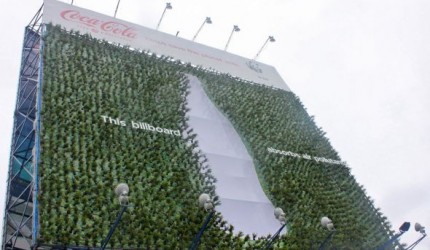


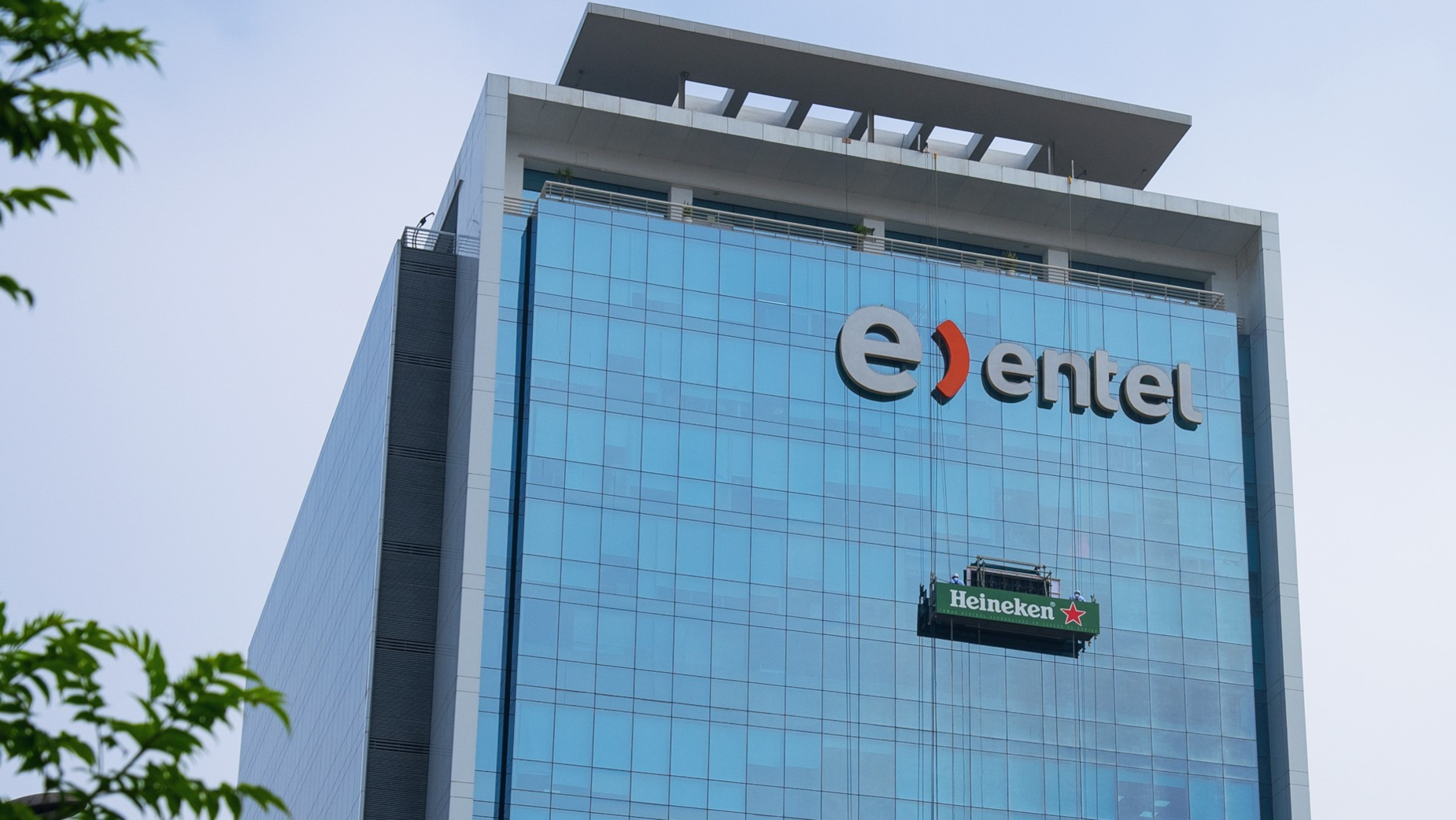









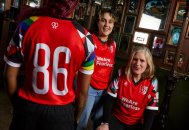









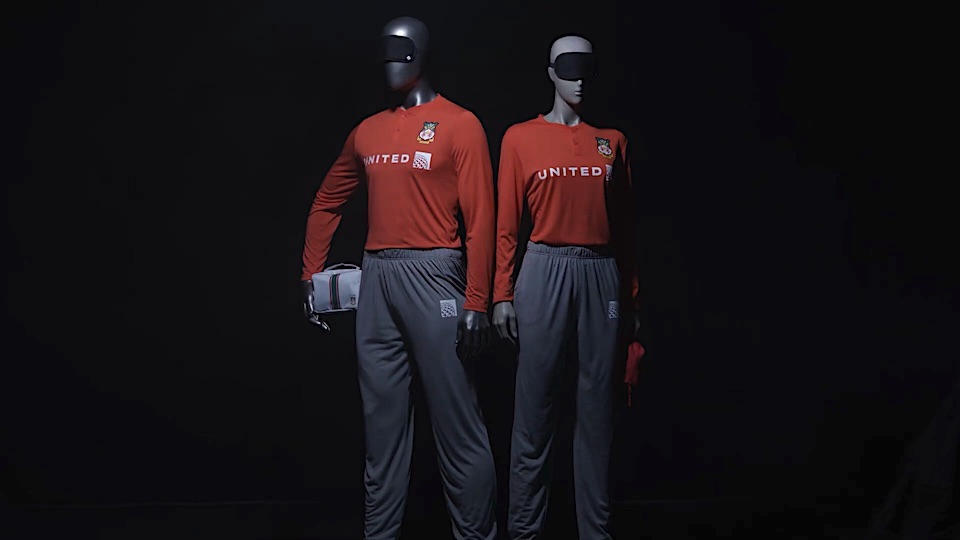

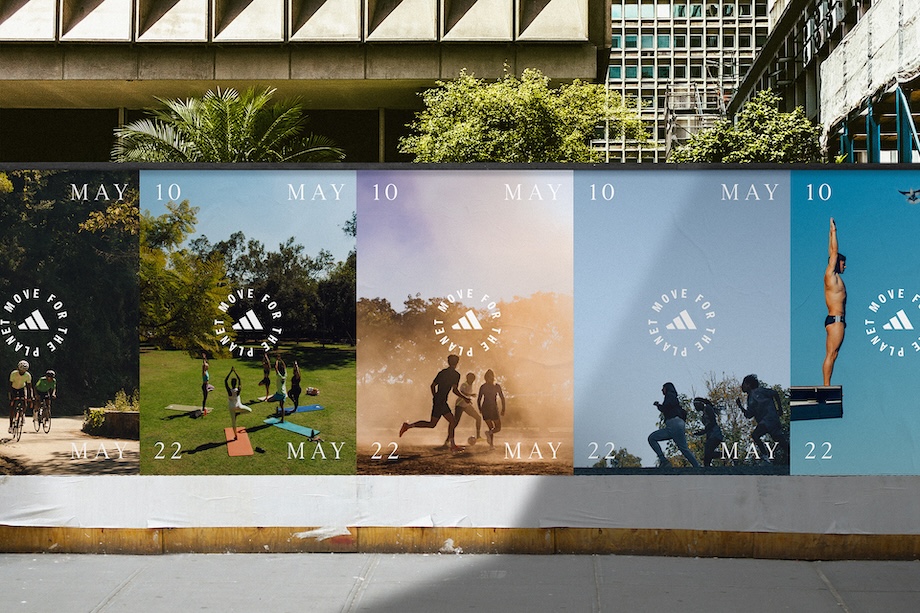

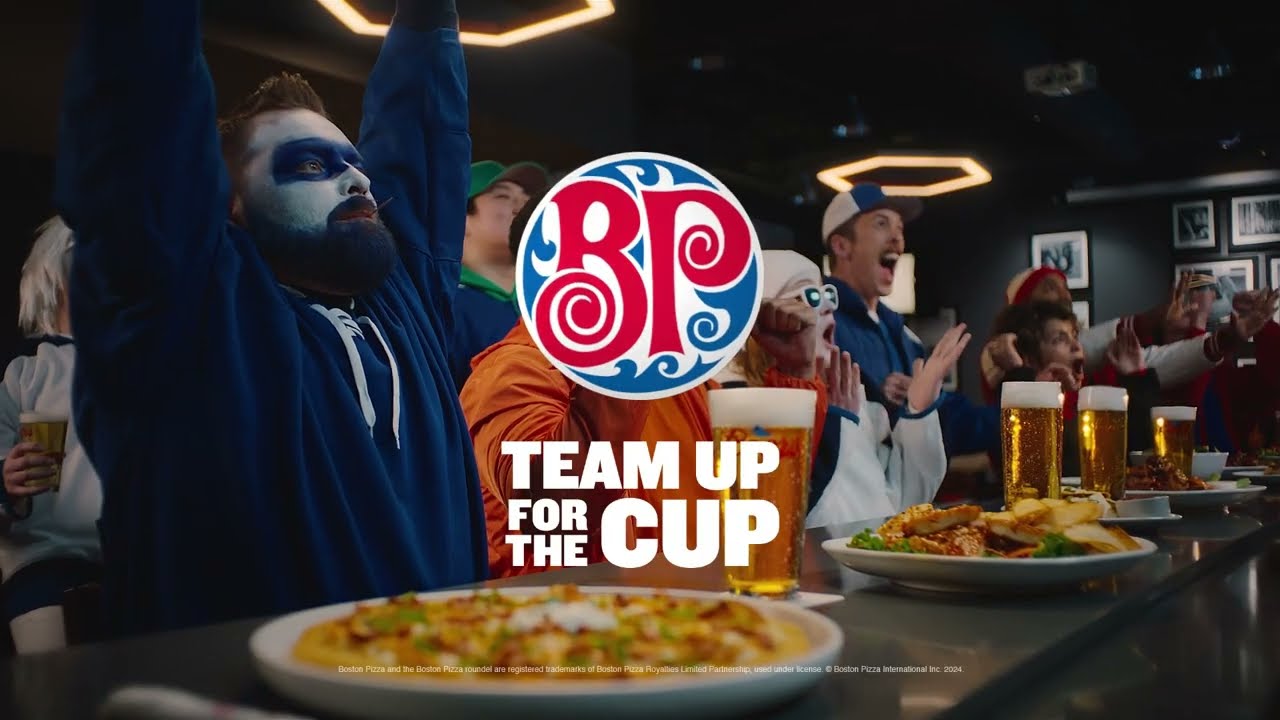
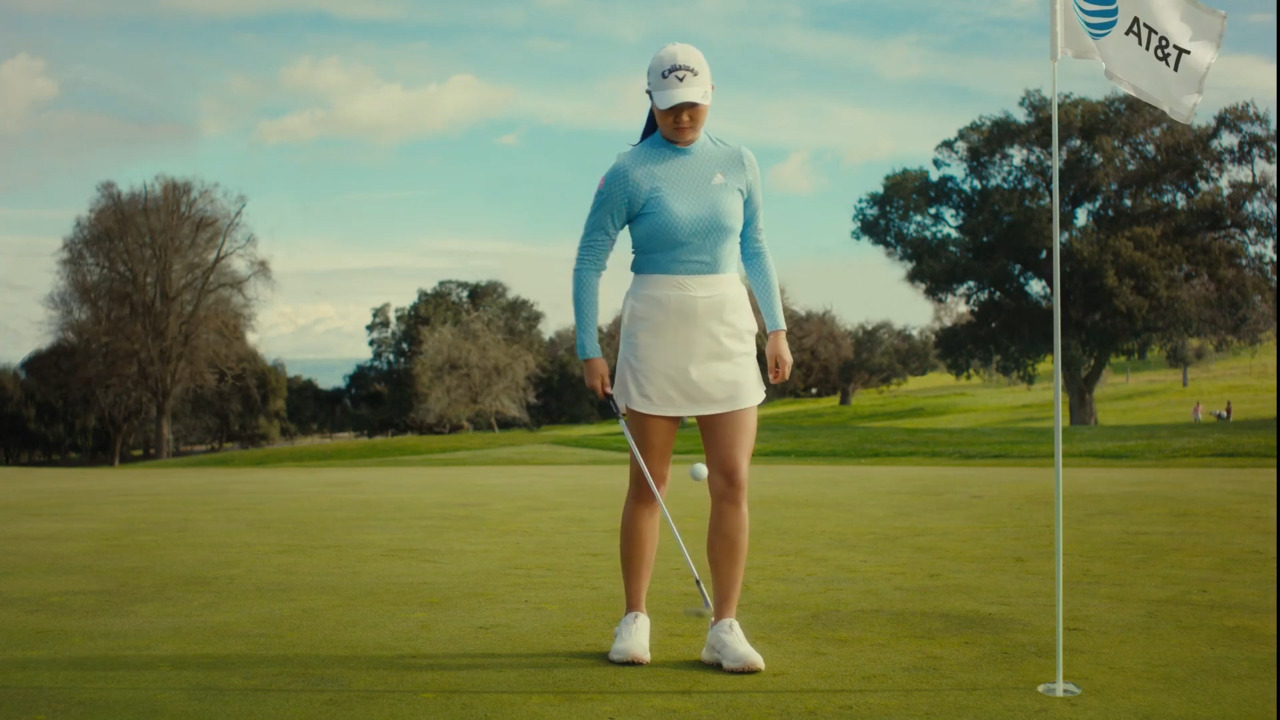
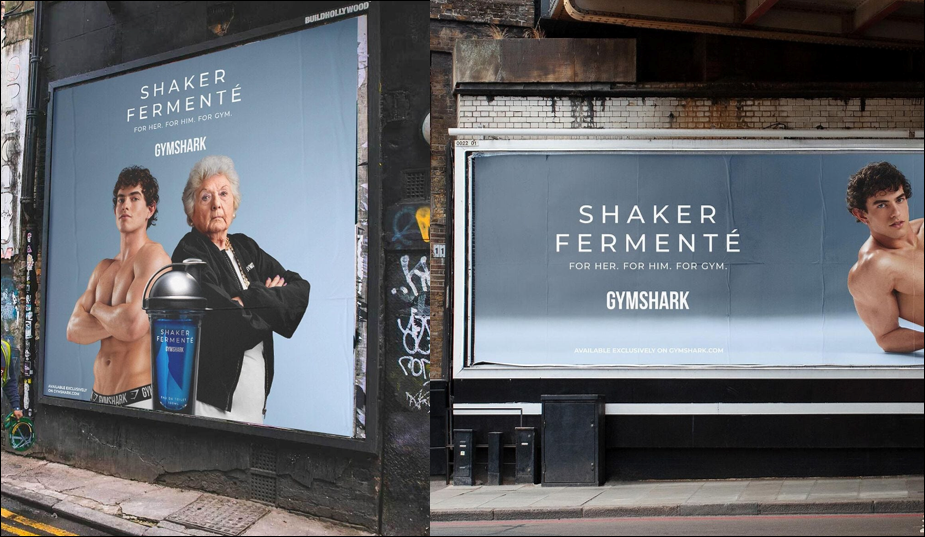
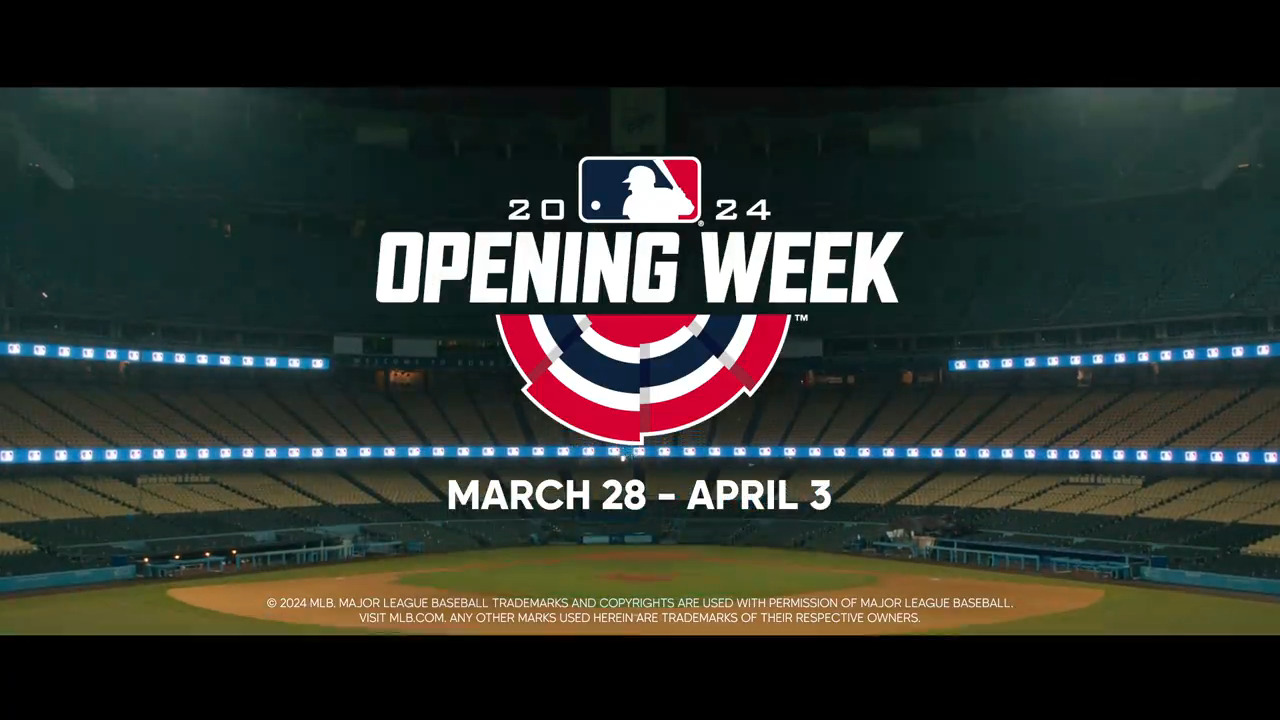
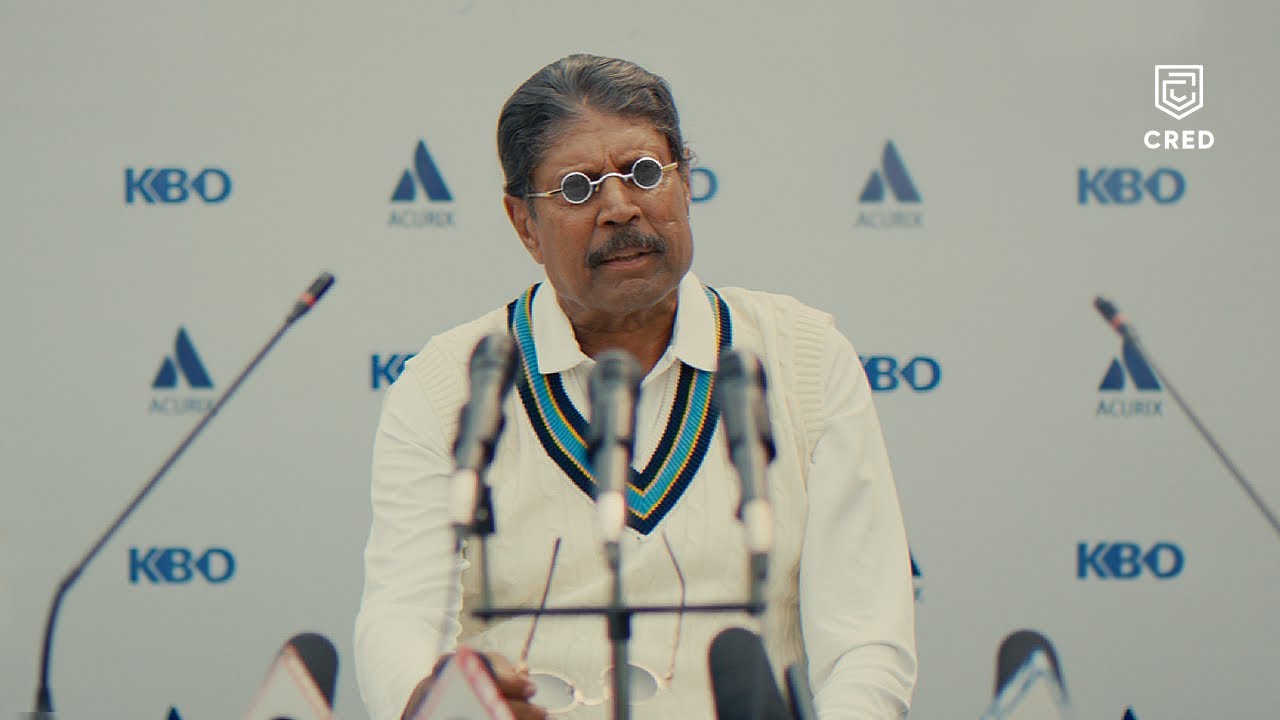
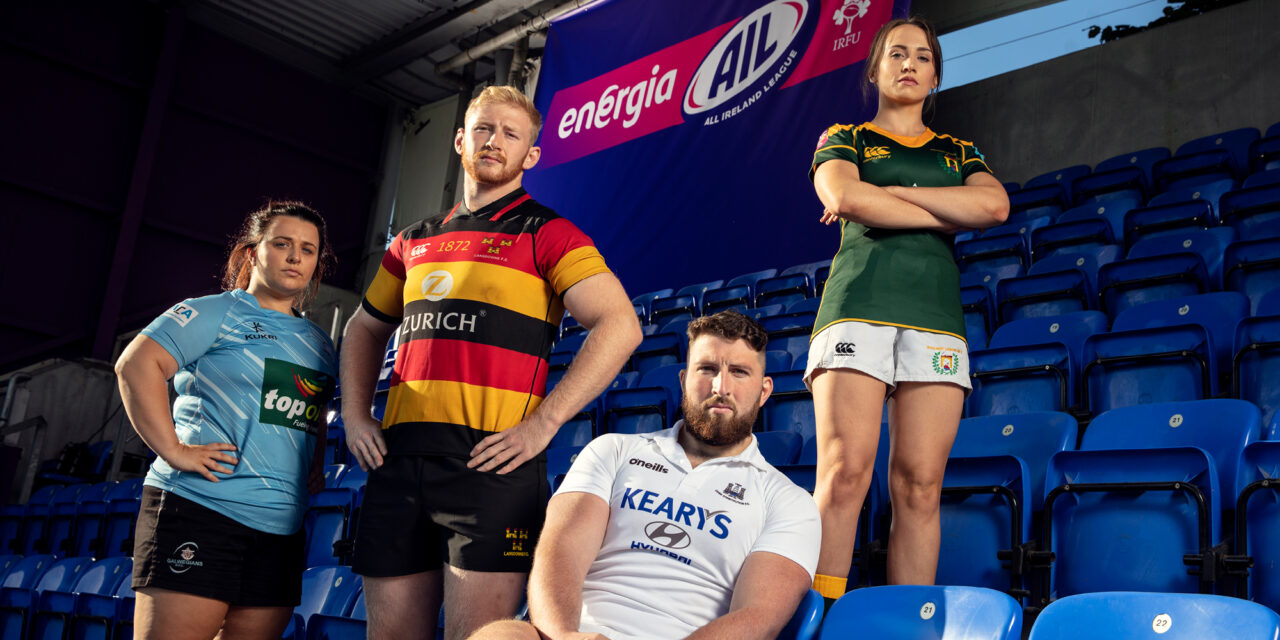


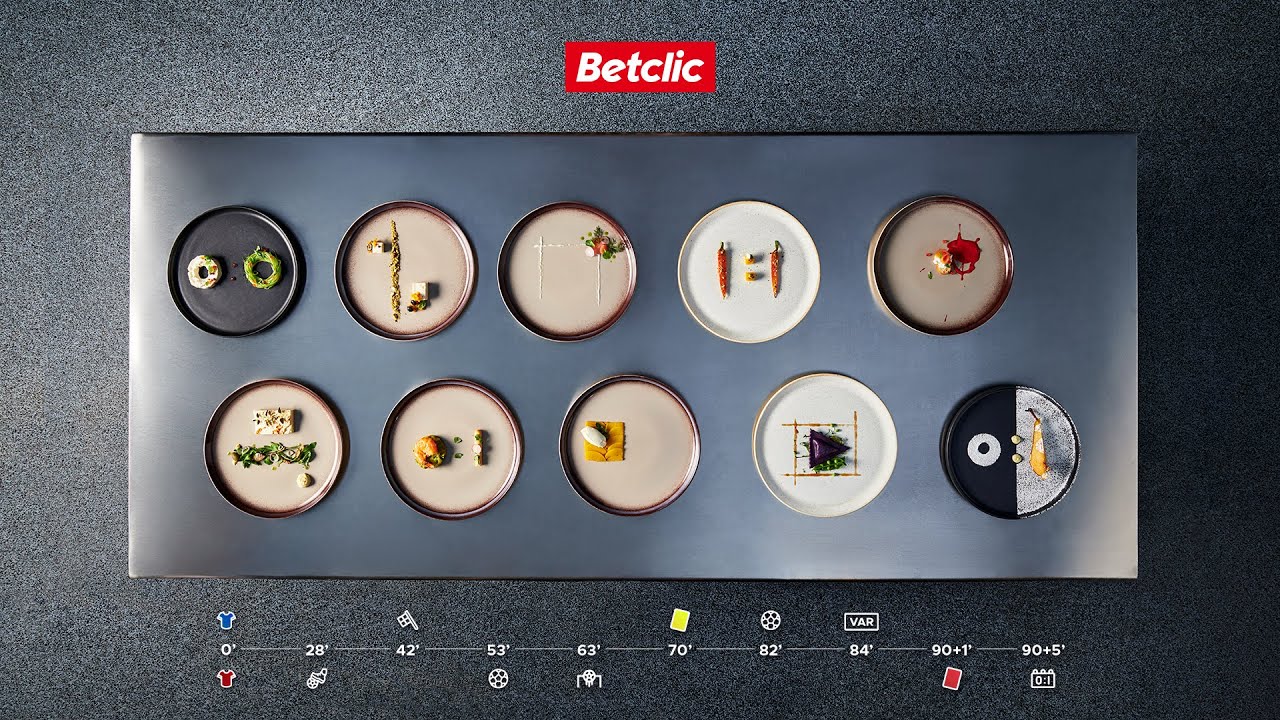

Leave a comment
You must be logged in to post a comment.